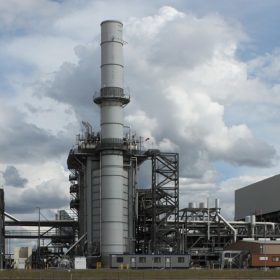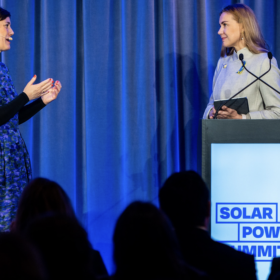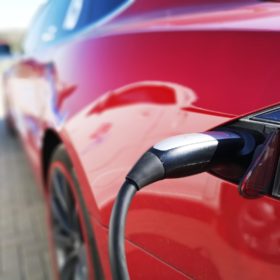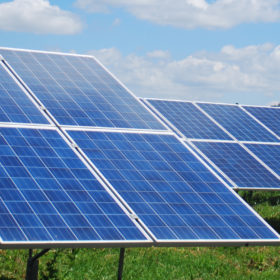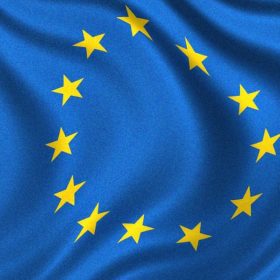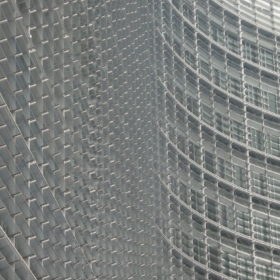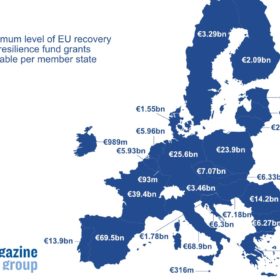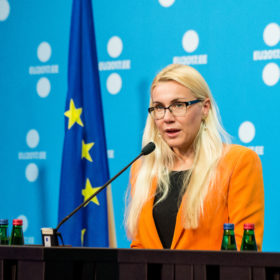European Commission vows to ramp up demand for US gas
The European Union’s executive branch has pledged to generate stable demand as it attempts to shift its gas supply away from Russia in response to the invasion of Ukraine.
SolarPower Summit 2022: security and sustainability
The SolarPower Summit 2022, held this week in Brussels, could prove to be a pivotal point in Europe’s energy transition. Weeks after Russia invaded Ukraine, the solar industry and the European Commission have come together to discuss solar’s role in the future of continental energy security.
The mobility rEVolution: Quantum physics-based tech to cut EV charging time to nine seconds
In other news, StoreDot’s extreme fast charging EV technology gets one step closer to commercial viability and Volkswagen resumes European production. Moreover, Japanese carmakers are gearing up to claim their share of the European EV market.
EU adds anti-subsidy duty to existing trade measures on Indian and Indonesian steel
The European Commission has alleged China offered cut-price finance to Indonesia, via Beijing’s Belt and Road drive, so Jakarta could develop domestic demand for stainless steel raw material nickel ore.
European battery manufacturers unhappy with eco-design and recycling proposals
Industry body Recharge says it would be absurd if the makers of small batteries were required by law to collect and recycle products the size of shipping containers, and claim a requirement individual battery cells be replaceable will pose a safety risk.
The EU plan to drastically ramp renewables to replace Russian gas
The European Commission yesterday announced its intent to remove demand for two-thirds of its Russian gas supply in less than nine months and hugely accelerating the rate of solar deployment is a central part of its radically raised clean energy ambition.
Masdar-EDF joint venture bid for more independence
The Emerge operation established by the two companies operates on-site solar panels for companies in the UAE and Saudi Arabia.
EU member states to spend €18bn of Covid cash on renewables
The 22 nations which have had their “recovery and resilience” spending plans approved by the European Commission are set to devote billions to clean energy facilities, with the cash set to be disbursed in three payments to the end of next year.
European Commission moves on battery skills and forced labor
The EU’s executive body will supply €10 million to the European Battery Academy program launched in Brussels yesterday which aims to train the 800,000 battery workforce it has been estimated will be required in three years’ time.
EU member states have three weeks to sign up for Europe-wide renewables tender
The European Commission’s proposed renewable energy financing mechanism would enable wealthier EU nations to fund clean energy projects in poorer neighbors rich in solar potential.
